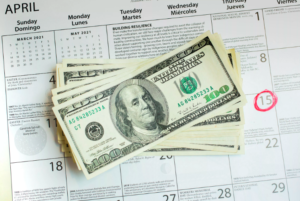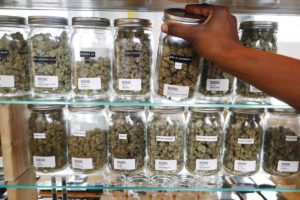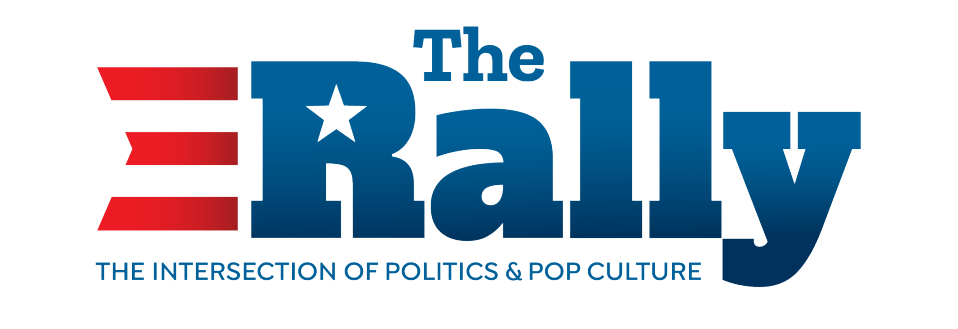Everyone likes to receive free money with no strings attached to spend as they wish. The stimulus checks are akin to this without paying the money back. However, is this the case with governments known for getting back what they give out in the form of higher taxes? COVID-19 is changing this relationship and shifts are coming to the tax laws you might not realize. They are under the radar and in avenues; no one expects to change how the government taxes you.
Stimulus Checks and Taxes
The government always plays a role in stimulating the economy during severe economic distress. The U.S. Treasury spends money and most people assume it is some type of freebie. What they don’t know is that taxes increase as the economy starts to improve and it collects everything it gave out. The New Deal was President Franklin Roosevelt’s approach to stimulating the economy and ending the Great Depression. He paid for it through a series of taxes on the wealthy via payroll deductions. These changes became standard practices in generating revenue for the federal government, states, and municipalities.

President Biden is proposing tax increases on the wealthy and corporations who use deductions in the Tax Cuts and Jobs Act (TCJA) of 2017. Biden’s plan is to rollback the breaks given to the rich under the TCJA by increasing their income tax rate from 37% to 39.6%. These are the levels they were at before the passage of the TCJA. He also wants to eliminate like-to-like exchanges for investors in real estate. They can avoid capital gains taxes by investing the money in a similar property type during the year. Biden wants to remove this and create more benefits for those earning under $400k a year using tax credits.
President Biden wants to do away with the step-up costs basis on inherited assets such as stocks, bonds, mutual funds, and real estate. Under the current law, someone who inherits these assets can use their cost basis on the day they receive them versus when they were purchased. Biden proposes making these people pay the capital gains taxes on the original amount. The result is more estates of the wealthy will pay higher taxes.
Corporate taxes will increase to 28% versus 21%; they were higher before 2017 when the rate was 35%. There is a proposal for a 15% minimum tax on all corporations, 10.5% to 21% on those with foreign profits, and 10% surtax on businesses building their products overseas and shipping them back to the US. These taxes punish companies that use loopholes and are sending American jobs overseas.
The President also supports a carbon tax on larger polluters. Commenting about these proposals, an anonymous source at the Office of Management and Budget said, “The President wants to tax the wealthy by having them pay more of their earnings, reduce loopholes, protect American jobs, and push the country towards renewable energy. These are a part of his revitalize America package and we think the COVID-19 era is an opportunity to do it.” These insights show that despite the stimulus checks, new taxes and increases are on the way.
Marijuana

Marijuana is an area that is a new source of additional tax revenues. There are 44 states with some form of legalization through the sale of medical, recreational, or decriminalization. Social attitudes are changing with more people favoring the drug’s sale, creating a new avenue for tax revenues.
In states with full legalization, these revenues are much higher than the sale of alcohol or cigarettes. These states are reporting windfalls in taxes during the pandemic. There are efforts on the federal level to take marijuana off the Schedule One Controlled Substances List. Both the House and Senate consider such moves a part of criminal justice reform and realizing the federal government’s tax benefits. These changing attitudes and more states are legalizing marijuana increase new taxes.
Sports Betting

Sports betting is an alternate avenue of raising additional taxes. Twelve states allow full sports betting via in-person or online. All of them are considering some form to increase additional tax revenues. In 2020, these states and local communities realized $399 million in revenues. These shifts offer other avenues for raising taxes beyond traditional sources.
Both marijuana and sports betting have a historical parallel with the Great Depression and the end of Prohibition. Before alcohol became legal, the federal government and states lost $11 billion in tax revenues and spent $300 million fighting the sale of illegal liquor. After it was legal, these revenues account for 40% of taxes for all levels of government. Marijuana and sports betting have similar benefits, to increase taxes from new sources.
New taxes are coming, despite the stimulus checks and spending to counter the effects of COVID-19. They are in different forms to offset the impact on communities, states, and the federal governments. The pandemic is changing taxation and how these governments are taxing you.


